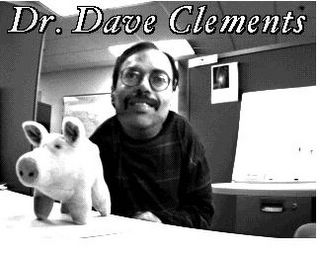I've been doing these little reports on various short stories assigned to us in Nancy's class. Eventually I'll post them all; here's the most recent one (for tonight's class):
A Short Look at Characterization in Fitzgerald's "Babylon Revisited"
When thinking of "Babylon Revisited," one cannot help but think of the American relationship with Paris over the years. Since the '30s depicted in the story, the glitter, the charm, the art and the decadence of the City of Light have all been surpassed by one US city or another; the most monstrous domestic concoction of all those qualities (excepting the "art") being La Vegas, with its Paris Hotel and Casino towering over the denizens of the strip like a neon-lit avatar of Montaigne's Gargantua. Yet Paris remains, eternally elusive and alluring to the "stranger." Characterization in "Babylon Revisited" grows out of setting.
Charlie Wales is the quintessential "American in Paris," surviving in the post-crash depression era as best he can. He's a man who's "made mistakes," lived high and fallen low, only to begin digging himself out again. The narrator focuses on Charlie's view of the world, and sometimes we, the collective readers, have to wonder how reliable this viewpoint is. Charlie's vocabulary is striking for its use of "I." One senses Charlie still longs for his days of drunken "royalty" in the following passage:
"But it was nice while it lasted.... We were a sort of royalty, almost infallible, with a sort of magic around us. In the bar this afternoon"--he stumbled, seeing his mistake--"there wasn't a man I knew."
Does he really want Honoria to live with him for her good, or his own? The steadfast but bourgeois Peters family have made good guardians for the child. With the brash intrusion of Charlie's former drinking buddies into the Peterson home, the reader can't help but sense a certain foreboding that Charlie eventually will succumb again to Babylon's glittering charms. The sadness he feels at the end is the sadness of a man both facing, and running from, the delinquencies of his past. The final sentence brings Charlie's piquant, self-inflicted misfortune into perspective: "He was absolutely sure Helen wouldn't have wanted him to be so alone." In the end, Honoria is the prop upon which Charlie hopes to hang his ego, not a fully fleshed human being who would benefit equally from her relationship to her father.
Subscribe to:
Post Comments (Atom)

No comments:
Post a Comment